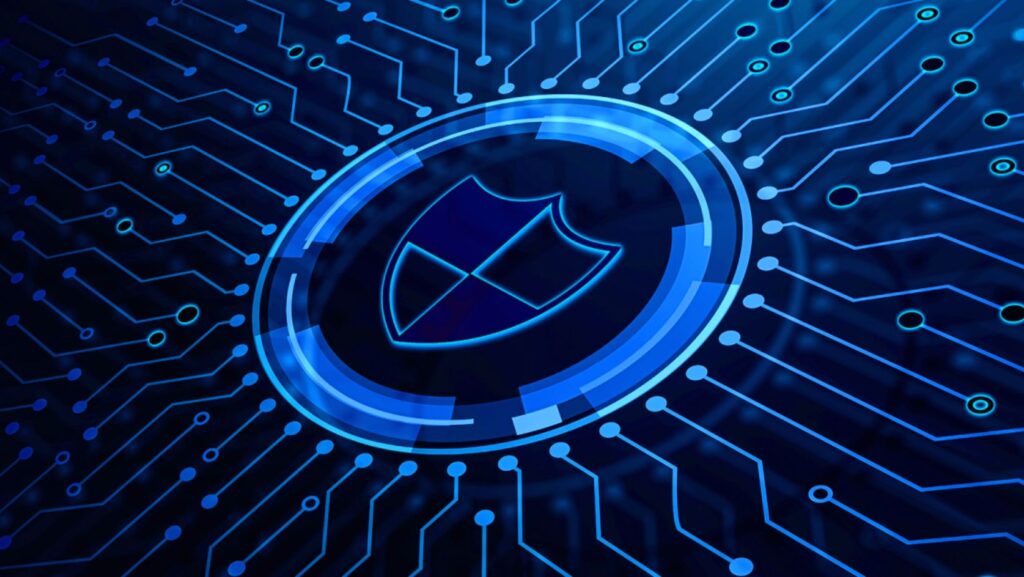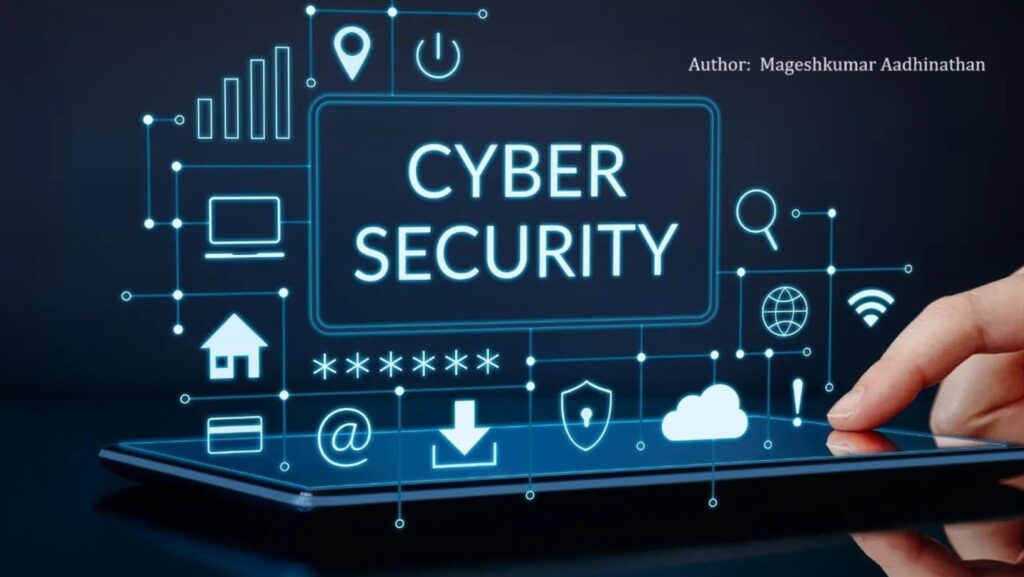Best Cybersecurity Books
When delving into the realm of cybersecurity, finding the right resources to expand one’s knowledge is crucial. In my journey to enhance my understanding of cybersecurity concepts, I’ve come across a plethora of valuable books that have provided insights into various aspects of digital security.

Navigating through the vast array of available best cybersecurity books can be overwhelming for beginners and professionals alike. Whether you’re looking to grasp the fundamentals or delve into advanced topics like ethical hacking or incident response, there are publications tailored to different skill levels and interests.
From classics that lay the foundation of cybersecurity principles to cutting-edge guides on emerging threats and technologies, the world of cybersecurity literature offers a treasure trove of information waiting to be explored. By curating a collection of the best cybersecurity books, we’ll not only enrich our understanding but also equip ourselves with the knowledge needed to navigate today’s ever-evolving digital landscape effectively.
Overview of Cybersecurity Books
When delving into the realm of best cybersecurity books, one encounters a diverse landscape that caters to a wide audience – from beginners looking to grasp foundational concepts to seasoned professionals seeking advanced insights. These books serve as invaluable resources in understanding the evolving threat landscape and implementing robust security measures across various domains.
Exploring introductory best cybersecurity books allows readers with limited background knowledge to gain a solid footing in essential concepts such as encryption, network security, and risk management. Titles like “Cybersecurity for Dummies” by Joseph Steinberg and “The Basics of Hacking and Penetration Testing” by Patrick Engebretson offer accessible entry points into this complex field.

For those aiming to deepen their expertise, intermediate-level cybersecurity texts provide comprehensive coverage of topics like ethical hacking, incident response, and secure coding practices. Notable works such as “Hacking: The Art of Exploitation” by Jon Erickson and “Blue Team Field Manual” by Alan J. White are revered for their practical approach and real-world examples that resonate with aspiring cybersecurity professionals.
Advanced cybersecurity enthusiasts often gravitate towards specialized literature focusing on niche areas such as digital forensics, threat intelligence, or cloud security. Books like “Practical Malware Analysis” by Michael Sikorski and Andrew Honig present intricate techniques used in malware analysis, offering an unparalleled glimpse into the minds of cyber adversaries.
Moreover, staying abreast of the latest trends in cybersecurity is crucial for professionals seeking continuous improvement. Publications like “Future Crimes” by Marc Goodman shed light on emerging threats posed by technology advancements, urging readers to adapt their defenses proactively against sophisticated cyberattacks.
By immersing oneself in the wealth of knowledge encapsulated within these cybersecurity books, individuals at all proficiency levels can fortify their understanding of digital threats and cultivate a proactive mindset towards safeguarding sensitive information in an increasingly interconnected world.
Criteria for Selecting the Best Cybersecurity Books
When diving into the vast sea of cybersecurity books, it’s essential to establish clear criteria to ensure we select only the best resources. Here are some key factors to consider:

- Author Expertise: One crucial aspect is the author’s background in cybersecurity. Look for authors with hands-on experience, certifications, or reputable positions in the industry. Their expertise adds credibility and depth to the content.
- Relevance and Timeliness: In the fast-evolving realm of cybersecurity, up-to-date information is paramount. Ensure that the book covers recent trends, threats, and technologies to provide relevant insights applicable to current challenges.
- Comprehensive Coverage: A top-notch cybersecurity book should offer a holistic view of the subject matter. It should encompass various aspects such as network security, cryptography, ethical hacking, compliance regulations, and incident response strategies.
- Clarity and Accessibility: Complex technical jargon can hinder understanding, especially for beginners. Opt for books that present concepts in a clear, concise manner without sacrificing depth. Illustrative examples and practical case studies can enhance comprehension.
Considering these criteria when selecting cybersecurity books ensures that you invest your time and effort in resources that not only educate but also empower you in navigating the intricate landscape of digital security.



